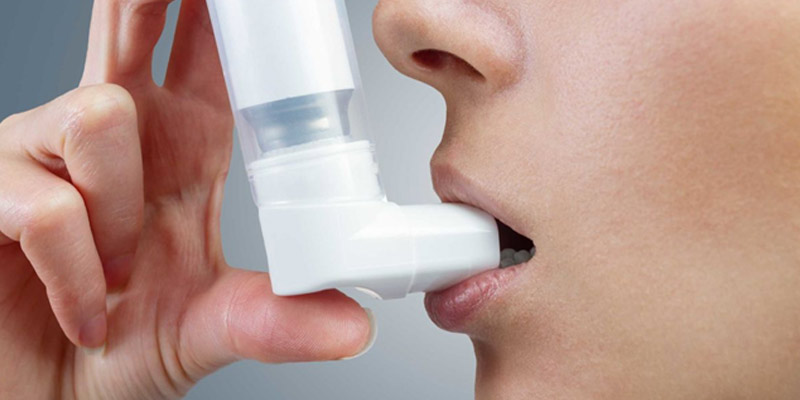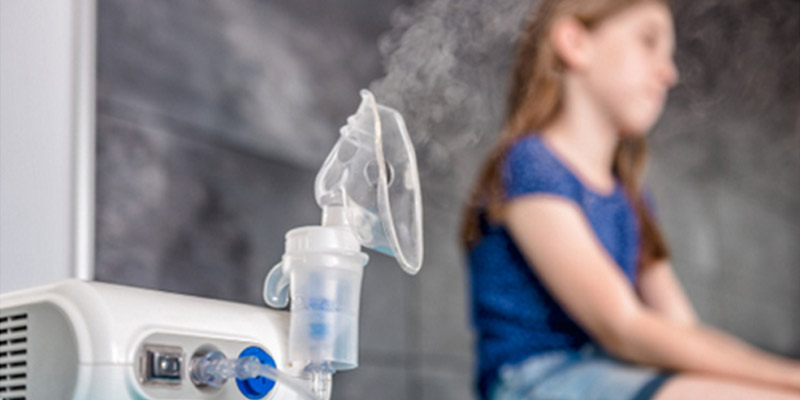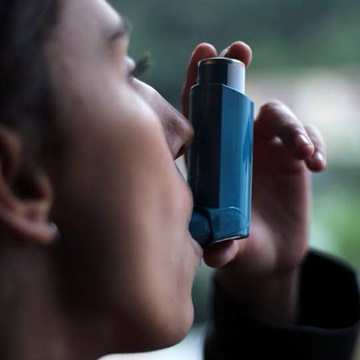What are inhalers, and why are they used?
1. What are inhalers, and why are they used?
Inhalers are devices that deliver medication directly into the lungs to manage asthma or COPD symptoms. They are effective because they target the lungs directly, offering quick relief and reducing systemic side effects.

2. How do I know which type of inhaler I need?
- Reliever inhalers (short-acting bronchodilators) are for quick symptom relief.
- Controller inhalers (steroids or long-acting bronchodilators) are for daily use to prevent symptoms.
3. What is the correct way to use an inhaler?
4. What is a spacer, and do I need one?
5. Can I become dependent on my inhaler?
6. How often should I clean my inhaler?
7. What should I do if I miss a dose?
8. What are common side effects of inhalers?
9. How do I know if my inhaler is empty?
10. Can inhalers be shared with others?
11. Are inhalers safe during pregnancy?
Most inhalers are safe during pregnancy, but it’s important to discuss with your doctor to ensure proper management of your condition while protecting the baby.Both government and private sectors use WHO-recommended treatment regimens. Government programs often provide free medications and monitoring, while private care may involve different levels of personalized attention and costs.
12. What should I do if my symptoms worsen despite using an inhaler?
13. Can inhalers cure asthma or COPD?
14. How long does it take for inhalers to show effects?
Reliever inhalers work within minutes to ease symptoms. Controller inhalers may take days to weeks of regular use to show noticeable improvements.
15. Can I stop using my inhaler if I feel better?
16. What is the difference between an inhaler and a nebulizer?
17. How should I store my inhaler?
18. Is there financial support for inhalers if they are too expensive?
19. What should I discuss with my doctor during follow-ups?
20. Are inhalers harmful to my lungs?
21. Do inhalers lose their effectiveness over time?
22. Will using an inhaler weaken my lungs?
23. Do I need to use inhalers forever if I have asthma or COPD?
24. Is it true that inhalers cause weight gain?
25. Can I use an inhaler even if I don’t have asthma or COPD?
26. When should I use a nebulizer instead of an inhaler?
Nebulizers are typically used for severe symptoms or when inhalers are not effective, such as during asthma attacks or for patients who have difficulty using inhalers. Your doctor will guide you based on your condition.

27. Should I use a metered-dose inhaler (MDI) with or without a spacer?
28. When should I use a dry powder inhaler (DPI)?
DPIs are activated by a deep breath, making them suitable for individuals who can inhale forcefully. They are often prescribed for maintenance therapy in asthma or COPD.




